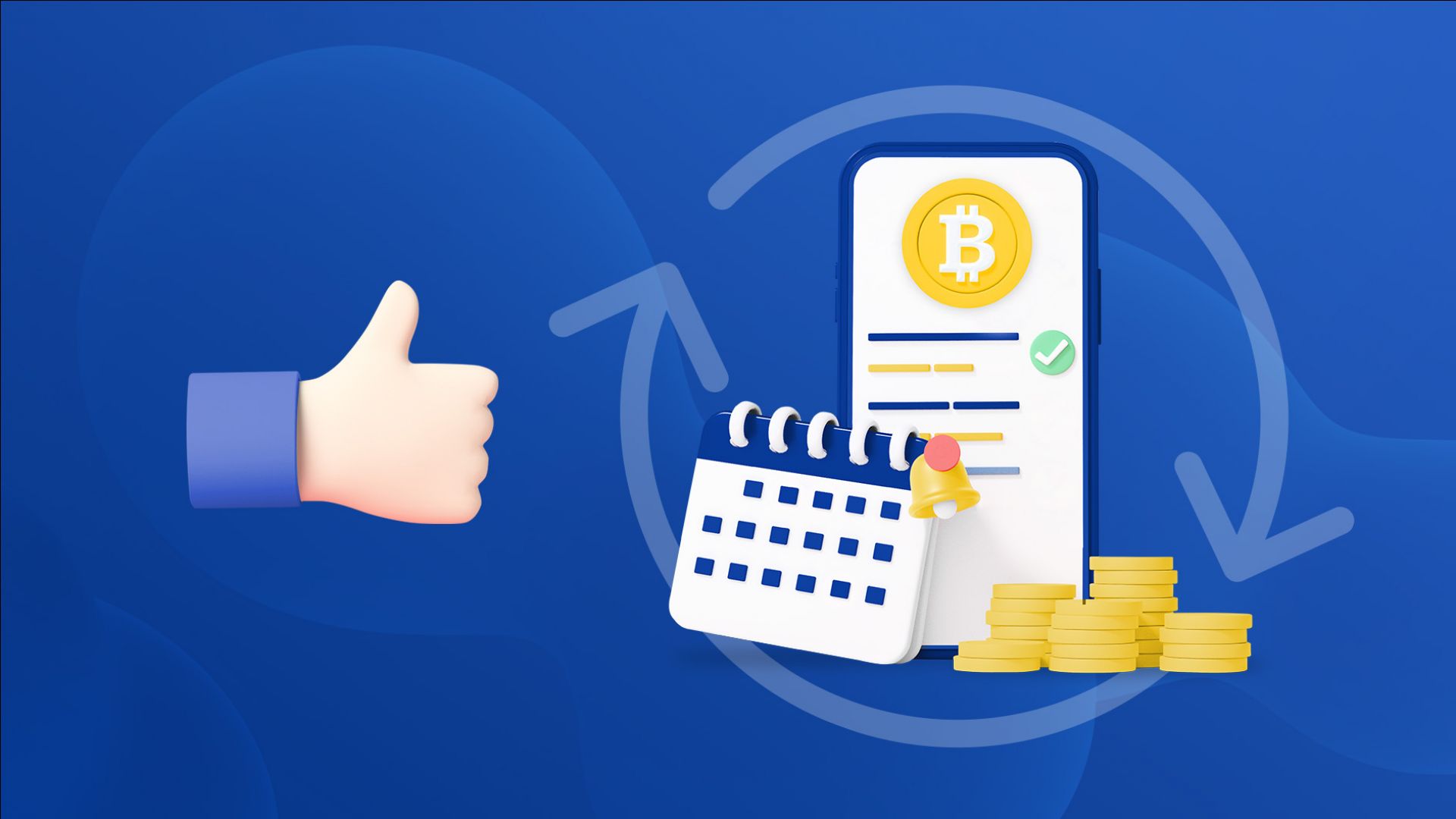
Crypto & Bitcoin Wallet: A Comprehensive Guide
Cryptocurrencies have revolutionized the financial world, offering decentralized and borderless transactions. Among them, Bitcoin stands as the most widely recognized digital asset. To securely store and manage Bitcoin and other cryptocurrencies, individuals need a exodus wallet download. This guide explores what crypto wallets are, how they work, and the best options available today.
What is a Crypto Wallet?
A cryptocurrency wallet is a digital tool that allows users to store, send, and receive cryptocurrencies. Unlike traditional wallets, which hold physical cash, crypto wallets store private and public keys that provide access to digital assets.
There are two main types of crypto wallets:
- Hot Wallets – These are connected to the internet and provide easy access for frequent transactions. Examples include mobile wallets, desktop wallets, and web wallets.
- Cold Wallets – These are offline storage solutions, offering enhanced security against hacking. Examples include hardware wallets and paper wallets.
How Do Bitcoin Wallets Work?
A Bitcoin wallet operates through a pair of cryptographic keys:
- Public Key: Similar to an account number, this key allows others to send Bitcoin to the wallet.
- Private Key: This acts as a password, granting full control over the stored funds. Keeping the private key secure is crucial to prevent unauthorized access.
Types of Crypto Wallets
1. Software Wallets
- Mobile Wallets: Apps like Trust Wallet and Mycelium offer convenience for on-the-go transactions.
- Desktop Wallets: Programs like Electrum and Exodus provide full control over funds on a PC.
- Web Wallets: Platforms like MetaMask and Coinbase Wallet allow access via browsers but come with security risks due to their internet connectivity.
2. Hardware Wallets
- Devices like Ledger Nano X and Trezor Model T store private keys offline, reducing the risk of cyberattacks.
3. Paper Wallets
- These involve printing the private key on paper and storing it securely. While highly secure against digital threats, they can be lost or damaged easily.
Choosing the Right Bitcoin Wallet
When selecting a Bitcoin wallet, consider:
- Security: Cold wallets are more secure, while hot wallets offer convenience.
- User Experience: Some wallets are beginner-friendly, while others cater to advanced users.
- Supported Cryptocurrencies: Some wallets support multiple assets, while others focus solely on Bitcoin.
- Backup and Recovery: A strong backup mechanism ensures access in case of loss or theft.
Conclusion
A Bitcoin wallet is an essential tool for anyone dealing with cryptocurrencies. Choosing the right wallet depends on security needs, ease of use, and transaction frequency. Whether using a hot or cold wallet, always ensure proper security measures to protect your assets from potential threats.